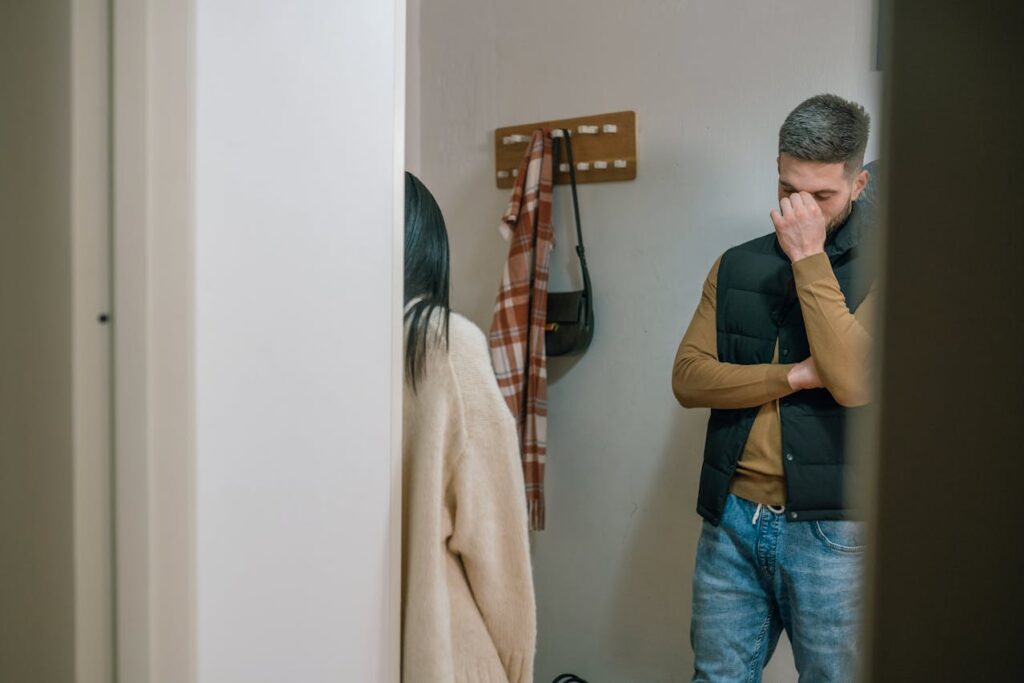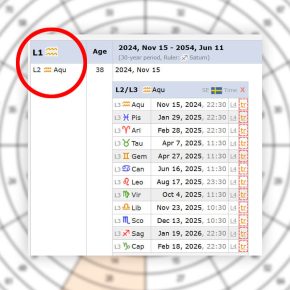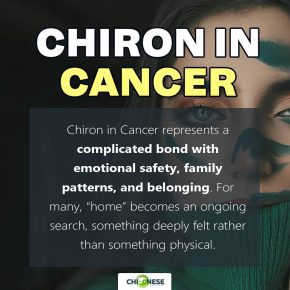You’ve been dumped. Again. And this time, they made sure it hurt—ghosting you, freezing you out, shutting down emotionally without warning. Typical dismissive avoidant behavior. I’ve been there, and when it happened to me, I spiraled into the dreaded “What’s wrong with me?” mindset. But here’s what I’ve learned: this isn’t about you. You’re dealing with someone who has a dismissive avoidant attachment style, and let’s just say… messy, emotionally distant breakups are their specialty.
Who is the Dismissive Avoidant?
People with a dismissive avoidant attachment style treat emotional closeness like it’s a trap. Independence is their sanctuary. Deep conversations? Usually a no-go. Vulnerability? Absolutely off-limits. They’re experts at appearing unfazed, even when things get serious.
When a breakup happens, they don’t just seem okay—they insist they’re fine. They might jump into a new relationship, bury themselves in work, or act like the whole thing never mattered. But the truth is: they’re not really okay. They’re just wired to avoid feelings.
Rather than confronting the breakup directly, they tend to bury themselves in distractions. But those suppressed emotions don’t disappear—they tend to hit them later in unexpected ways: irritability, burnout, or even physical symptoms. Eventually, with enough time, therapy, or a wake-up call, they might begin to process what they’ve been avoiding.
The 5 Stages of a Dismissive Avoidant Breakup (And How You Can Get Through Them)
Breakups with dismissive avoidants aren’t typical. They often follow a distinct pattern. Here are the five stages, with some advice on how to survive each one:
1. Denial
“They’ll come back… right?”
Nope. Their emotional distance isn’t temporary—it’s their baseline. The sooner you accept that it’s really over, the sooner healing can begin.
2. Anger
“How could they be so cold?”
It’s natural to feel angry. Their emotional unavailability can make the whole relationship feel like a confusing game you didn’t realize you were playing. Go ahead and feel the anger—just don’t let it take over your whole world.
3. Bargaining
“If I just give them space… wait longer… change myself…”
Stop. You can’t fix someone else’s emotional wiring. No amount of waiting or changing will make them suddenly “get it.”
4. Depression
“Will I ever feel okay again?”
This is the hardest part. Allow yourself to grieve—cry, talk to friends, journal, or just vent. The sadness feels overwhelming now, but it will pass.
5. Acceptance
“This wasn’t about me. I deserve better.”
This is the turning point. You stop idealizing what could have been and start seeing the breakup as a chance to move forward—a bullet dodged.
Do They Ever Regret It?
At first, dismissive avoidants usually look completely unbothered, like they’ve escaped something heavy. But once the buzz of distraction wears off (a rebound, nonstop work, whatever keeps them busy), the silence catches up. And yes, sometimes, avoidants do feel regret, especially when they see you doing just fine without them.
Their regret isn’t usually dramatic. You won’t get grand apologies or emotional declarations. Instead, it shows up subtly—social media lurking, random check-in messages, or half-hearted attempts to reconnect. By then, hopefully, you’ll be past caring.
How to Actually Move On (Because They Won’t)
- Stop blaming yourself. Their emotional limits reflect their own struggles—not your worth. Even if you were perfect, they would likely still pull away.
- Go full no-contact. Block, mute, delete—do whatever you need to avoid the mental trap of checking up on them. When they’re out of sight, they gradually fade from your mind too.
- Practice self-care like a pro. Missing their occasional affection? Replace it with real support—friends who lift you up, hobbies that inspire you, and solo activities that remind you how great you are on your own.
- Remember their behavior is predictable. The mixed signals, sudden withdrawals, and emotional rollercoasters—it’s classic avoidant behavior. It feels personal, but it’s really just part of their wiring.
The Light at the End of the Tunnel
Right now, it aches in a way that feels endless, like the pain might never let up. But trust me, one day, when you look back, you’ll see this breakup not as a failure, but as a blessing in disguise. You’ll realize that walking away from that dismissive avoidant wasn’t losing love—it was making space for a healthier, more fulfilling connection.
I didn’t come to this realization overnight. It took me about a year after my breakup, when I met someone new—someone who stayed, who communicated openly, who genuinely wanted to be close. It was then that I understood just how much I had been holding myself back, how much I had let the silent treatment and ghosting chip away at my confidence and self-worth. I saw clearly how deeply I had cared, even when it felt like my feelings were invisible or unreciprocated.
Going through that showed me that love isn’t meant to be confusing or full of doubt. Love should lift you up, not leave you doubting yourself. It should feel safe, steady, and true. And you deserve nothing less than that kind of love.
Until you find it, be the love you wished you had received. When you learn to love yourself fully, the rest will naturally fall into place—and you’ll attract the kind of love that matches your light.
Hold on to hope. The best is yet to come.












